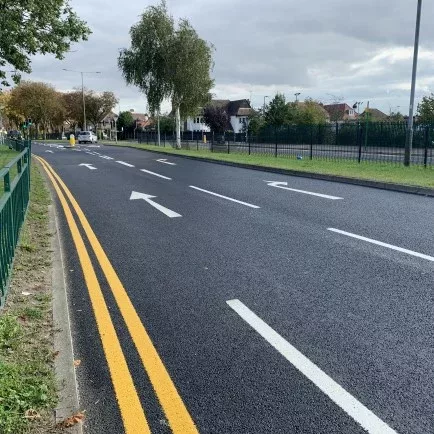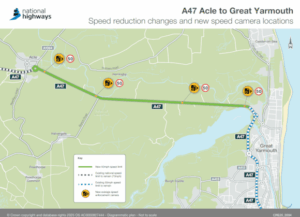East Lothian Council will charge developers appropriate recovery costs for processing and issuing Road Construction Consents (RCC).
Road Construction Consent, as well as planning permission, is needed from the local roads authority for a new road or an extension of an existing road.
Cllr John McMillan, Cabinet Member for Environment, Economic Development and Tourism, explained: “Under the Local Government in Scotland Act 2003, local authorities are allowed to charge for services which are not the council’s statutory duty to deliver and that the charges are not introduced for the purpose of raising revenue.
“Currently the Roads department reviews and issues Road Construction Consents work free of charge to developers, except to charge an hourly rate for site inspections to ensure that construction is in accordance with the approved plans. The council is now introducing charges for processing and issuing Road Construction Consents to fully recover the costs incurred.
“East Lothian Council carried out a benchmarking exercise with councils across the UK, to advise on the legislative positions in Scotland and England and to confirm that East Lothian Council is able to raise this charge.
“In addition, an options appraisal was carried out to analyse a number of options for calculating a charge to recover costs, and implement that charge. The preferred option, charging per metre of road, was evaluated as the most transparent and simplest to administer. It is also easy for the developer to calculate up-front.”
The new charging scheme includes a fixed fee of £500 per application, £35 per metre for the first 100 metres then £20 per metre for each subsequent metre and £5 for each metre of path. Therefore, for the ‘average’ RCC the charge would be {£500 + (£35 x 100m) + (£20 x 290m)} = £9,800 excluding paths.
Cllr McMillan added: “Developers and others can now clearly calculate RCC costs. The benefit to the council is that we can fully recover the costs of providing the service. Also developers will receive a more efficient and effective service as it will be fully funded and therefore better resourced.”
























